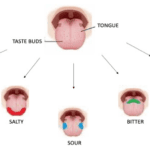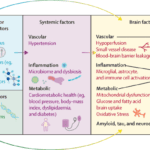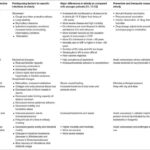Category: Non-Pharmacological
Articles about non-pharmacological means to maintain comfort at the end-of-life.
Articles about non-pharmacological means to maintain comfort at the end-of-life.

Radiation therapy is a common treatment for head and neck cancers, but it can lead to the loss of taste, also known as dysgeusia, in some patients. This can be a distressing side effect, but there are steps that patients and caregivers can take to help restore the patient's sense of taste as quickly as possible, with minimal risk. While there is no guaranteed way to restore taste, these tips and strategies may help patients regain some of their enjoyment of food and drink.

Dementia is a progressive disease that affects memory, thinking, and behavior. While there is no cure for dementia, there are ways to minimize its progression and improve the quality of life for those living with the disease. Here are some activities to do, activities to avoid, dietary changes to make, and activities to perform to minimize the progression of dementia.

One of the most important roles is detecting and managing infections in terminally ill geriatric patients with dementia. These patients are often at higher risk for infections due to their weakened immune systems, underlying health conditions, and limited mobility. Detecting infections in these patients can be challenging due to their limited communication abilities and other cognitive and physical impairments. However, early detection and management of infections can significantly improve the patient’s quality of life and potentially prolong their life.

Guide to Recognize and Treat Common End of Life Symptoms provides tips on managing symptoms experienced by those at the end of their lives - Topics such as pain, shortness of breath, respiratory distress, and anxiety, and provides suggestions for medications and complementary therapies to help manage these symptoms.